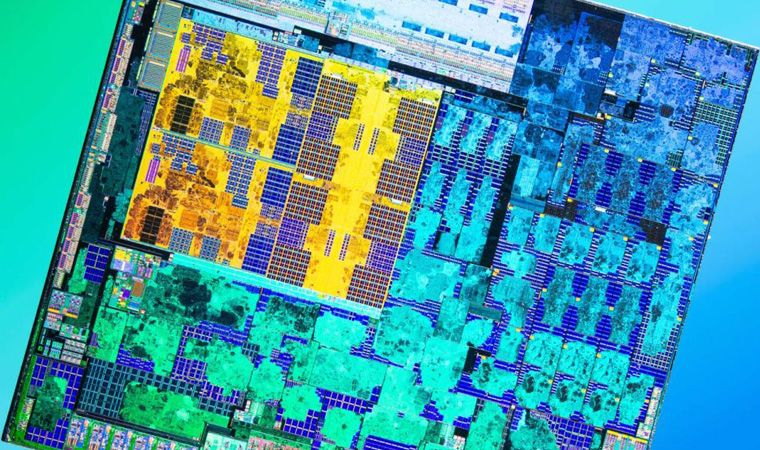AMD: Windows 11 Slows Our CPUs Up To 15%, Patch Coming
High latency bug hits fast

AMD has announced that all of its Windows 11-compatible processors can suffer from reduced performance in some applications when used with the new operating system, with extreme outliers in eSports gaming titles resulting in up to a 10-15% reduction. For applications, AMD says that the performance impact weighs in at 3–5%. A software update and a Windows Update are in the works to address the issues, with both expected to arrive in October 2021 (this month).
The errors impact every Ryzen CPU supported in Windows 11. That means all Zen+, Zen 2 and Zen 3 CPUs that comprise the Ryzen 2000, Ryzen 3000, Ryzen 4000, and Ryzen 5000 processors. In addition, select AMD EPYC processors for data centers, along with some newer Athlon chips, are also impacted. You can see the full list here, but suffice it to say that every AMD chip on our Best CPUs for gaming list is included.
AMD's advisory says that the issue boils down into two categories. First, the measured and functional L3 latency can increase by ~3X, meaning you can see the impact with measurement utilities and that it results in real performance degradation in games and applications. The bug impacts applications that are sensitive to memory subsystem latency, causing a 3–5% reduction in performance. This issue also causes the 10–15% performance reduction outliers in games "commonly used for eSports," which isn't surprising given that games tend to be extremely sensitive to memory and cache latency.
Additionally, AMD's "preferred core" feature, which directs single-threaded applications to the fastest two cores on the chip, also might not work as expected. This would primarily impact performance in lightly-threaded applications. AMD says this performance reduction may be more noticeable in chips with eight or more cores and a 65W or higher TDP rating.
We reached out to AMD on the matter, and the company says that it doesn't have more information to share. However, the advisory says that AMD and Microsoft are "actively investigating these known issues for resolution via software updates" and that AMD will update its advisory when they are available. AMD also advises that its customers experiencing the issues can "continue to use a supported version of Windows 10," which implies that it might not be wise to upgrade to Windows 11 until the issues are patched.
Notably, this issue seems to be separate from the performance issues surrounding Microsoft's recommended VBS and HVCI security settings that have caused an outcry. We put those issues to the test earlier this week.
AMD says it expects a Windows update to resolve the L3 cache issues, while a software update will remediate the problem with the UEFI CPPC2 preferred core technology. Both are expected to arrive this month. We'll update you as we learn more.
- Measured and functional L3 cache latency may increase by ~3X.
- Applications sensitive to memory subsystem access time may be impacted.
- Expected performance impact of 3-5% in affected applications, 10-15% outliers possible in games commonly used for eSports.
- UEFI CPPC2 (“preferred core”) may not preferentially schedule threads on a processor’s fastest core.
- Applications sensitive to the performance of one or a few CPU threads may exhibit reduced performance.
- Performance impact may be more detectable in >8-core processors above 65W TDP.
© 2025 Zeon Technology